ADHD: Checklist for Back to School Success
Posted on September 16, 2012 by Debra Burdick
1) Review your child’s Individual  Education Plan (IEP). Schedule a team meeting with the school. It is not uncommon to discover that as you child has grown and matured their needs may have changed. Make sure they get all the accommodations in school they are entitled to and that really help them thrive.
Education Plan (IEP). Schedule a team meeting with the school. It is not uncommon to discover that as you child has grown and matured their needs may have changed. Make sure they get all the accommodations in school they are entitled to and that really help them thrive.
2) Help your child get organized. Take them to the school supply store and buy them a different colored folder for each subject with front and back pockets to organize their school work. Teach them to put the homework sheets that need to be done in the right pocket. Then when they complete their homework teach them to place it in the left pocket. This will help them keep track of their homework and avoid the ‘I can’t find it’ dilemma.
Also, buy them a planner and show them how to write down their homework assignments and when they are due. Use a family calendar to schedule after school activities.

3) Choose after school activities carefully. There are an overwhelming number of choices available to kids these days. Help your child choose the activities mindfully. Make sure they get some exercise as well as learn to focus while having fun. Be careful not to overload your child. Allow plenty of free, unscheduled time for them to play, socialize, and just plain chill out. Remember, play is the work of childhood.
3) Find a tutor or homework buddy. If your child struggles academically, it can make a big difference in their frustration level and their overall success to have some help onboard who can work with them on their homework at their own pace. This might be a tutor or even a high school student.
4) Update ADHD medication. If your child is taking medication, now is a good time to check in with your child’s prescriber to make sure they are taking the right dose. Also, if your child took a drug holiday for the summer, check in with their prescriber about resuming.
 5) Feed their brain. Make sure your child is eating a brain healthy diet that includes whole grains, fresh fruit and vegetables, lean meats, low fat diary, and lots of water. Provide organic foods whenever possible and Include healthy and regular snacks. Have their zinc, magnesium, and Omega-3 levels checked and add supplements if needed.
5) Feed their brain. Make sure your child is eating a brain healthy diet that includes whole grains, fresh fruit and vegetables, lean meats, low fat diary, and lots of water. Provide organic foods whenever possible and Include healthy and regular snacks. Have their zinc, magnesium, and Omega-3 levels checked and add supplements if needed.
 6) Sleep. Help your child get adequate sleep by establishing a bedtime routine, having them go to bed and get up at the same time every day, and removing activities from the bedroom including TVs, cell phones, and electronic games. For help with sleep, read ADHD and SLEEP: Adults and Children Sleep Better Tonight.
6) Sleep. Help your child get adequate sleep by establishing a bedtime routine, having them go to bed and get up at the same time every day, and removing activities from the bedroom including TVs, cell phones, and electronic games. For help with sleep, read ADHD and SLEEP: Adults and Children Sleep Better Tonight.
7) Make sure your child gets regular exercise. Studies show that kids concentrate and sit still better if they exercise. Best bet is to get them outside to play and run around and let off some steam. Make sure the teacher doesn’t keep them in to work during recess.
9) Monitor TV use. Cut down on the amount of time your kids watch TV and be vigilant about what they watch. Some studies show TV watching can make any brain look like it has ADHD.
 10) Think about other treatment options. There are many effective treatment options besides medications available now for ADHD. Some include: Counseling, Neurofeedback, coaching, support groups, yoga, mindfulness meditation, nutrition, Naturopathic medicine, and acupuncture. For an in depth review of these options read ADHD TREATMENT OPTIONS-How to Choose the Right Treatment for You or Your Child.
10) Think about other treatment options. There are many effective treatment options besides medications available now for ADHD. Some include: Counseling, Neurofeedback, coaching, support groups, yoga, mindfulness meditation, nutrition, Naturopathic medicine, and acupuncture. For an in depth review of these options read ADHD TREATMENT OPTIONS-How to Choose the Right Treatment for You or Your Child.
I would love to hear your personal experiences with this topic.
Categories: ADHD, Articles, Neurofeedback, Parenting, Sleep

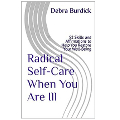

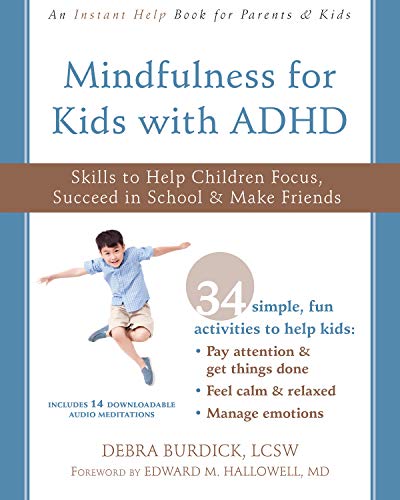
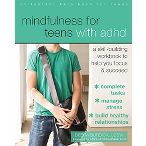
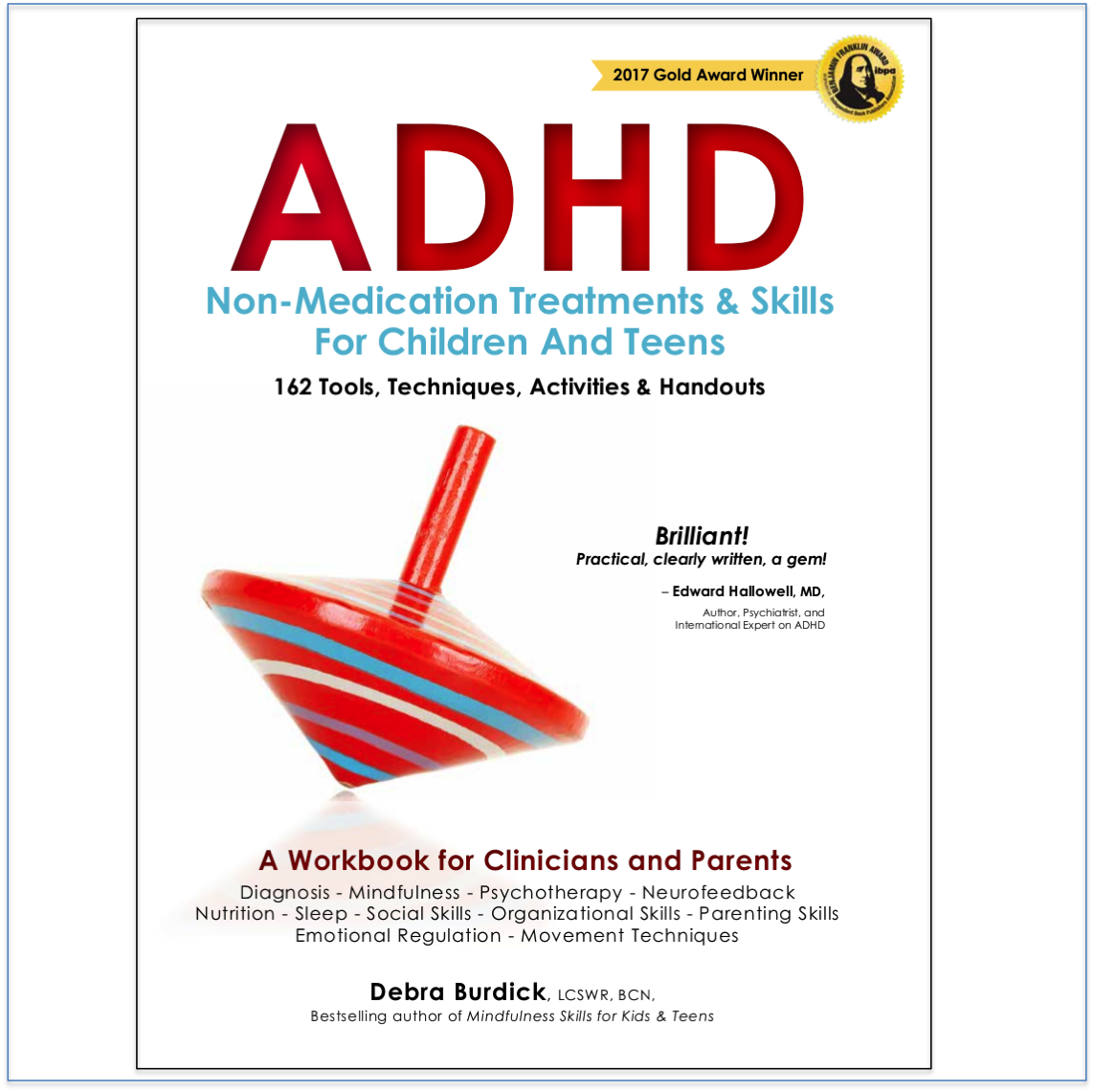
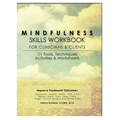
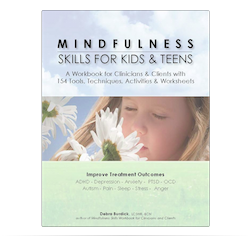
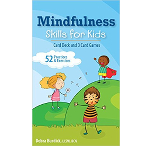
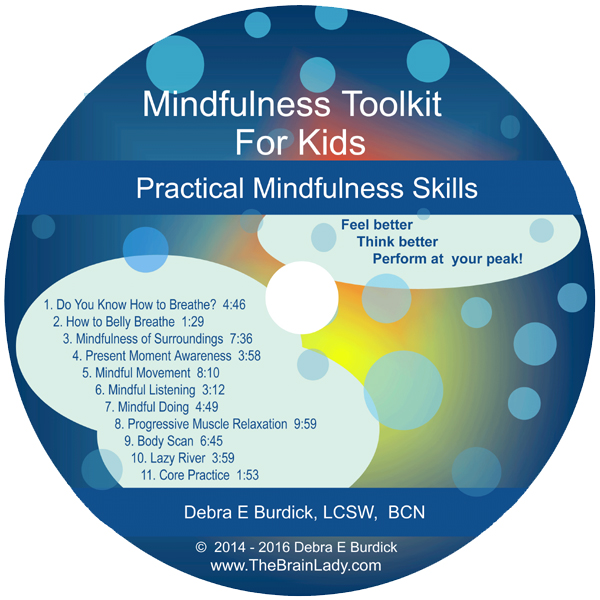
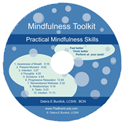
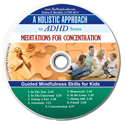
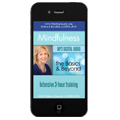
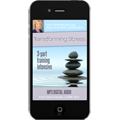
No comments yet. You should be kind and add one!
The comments are closed.